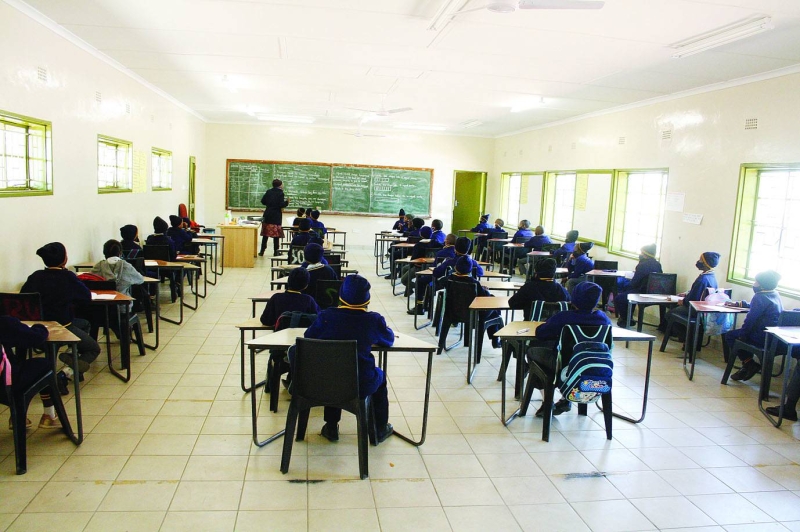Access to early childhood education worries MOESD
Mompati Tlhankane | Tuesday August 22, 2023 06:00


Appearing before the Public Accounts Committee (PAC) recently, MOESD accounting Officer Miriam Maroba said government is providing early childhood education in 749 out of 766 schools therefore as the ministry they feel that is not enough.
“We need to give access to every child and make sure that we give proper foundation at early childhood level. Early childhood is the foundation for learning and teaching.
Government has taken a decision that we must provide early childhood education through all primary public schools. The two year programme has already been developed however at the moment we are just providing the first year of that. When we started in 2014 we were able to provide that reception in only 120 schools which is about 16% of schools. That has since improved,” she said.
Furthermore, Maroba disclosed that MOESD is working closely with sister ministry being the ministry of local government to ensure that all children are given access to early childhood education. She also admitted that it is a challenge to have more brick and mortar classrooms therefore they are looking at other agencies to develop a model which they are still to implement.
Maroba said in the model they will look at working with other entities like the private sector and Non Governmental Organisations (NGO) to make sure that they provide early childhood. She emphasised that early childhood from way back has been known to be provided by the private sector so now they are looking at that window of opportunity to see how they can provide access at that level.
Meanwhile in terms of transition, Maroba revealed that as the ministry they are concerned about the issue of transition from junior secondary to senior secondary school. She said at primary school level to junior secondary school transition is not a major challenge but the concern is at junior to senior where the numbers of students whom they are able to help progress to next level is low. Maroba indicated that it is not just a matter of declining results and learning outcomes but also a matter of spaces that are available. She said they are currently looking into the issue. Maroba also pointed out that the Covid-19 pandemic caused an issue of transition from senior to tertiary. “The transition rates went down from 51% in 2019 to 25% in 2022. This was because a financial provision for tertiary education was affected,” she said.
Maroba also told the PAC that they are still becoming adjusted to new conditions brought by the rationalisation which saw their ministry merged back together. MOESD was created last year following a merger of the Ministry of Basic Education (MOBE), Ministry of Tertiary Education, Science and Technology and skills development which was part of the Ministry of Employment, Labour, Productivity and Skills. “The merger has brought together various entities, and in some instances we still have issues of limited staff. We are here with a ministry that is quite substantial. There are various changes that happened over the years and we also have the issue of capacity,” she said.
